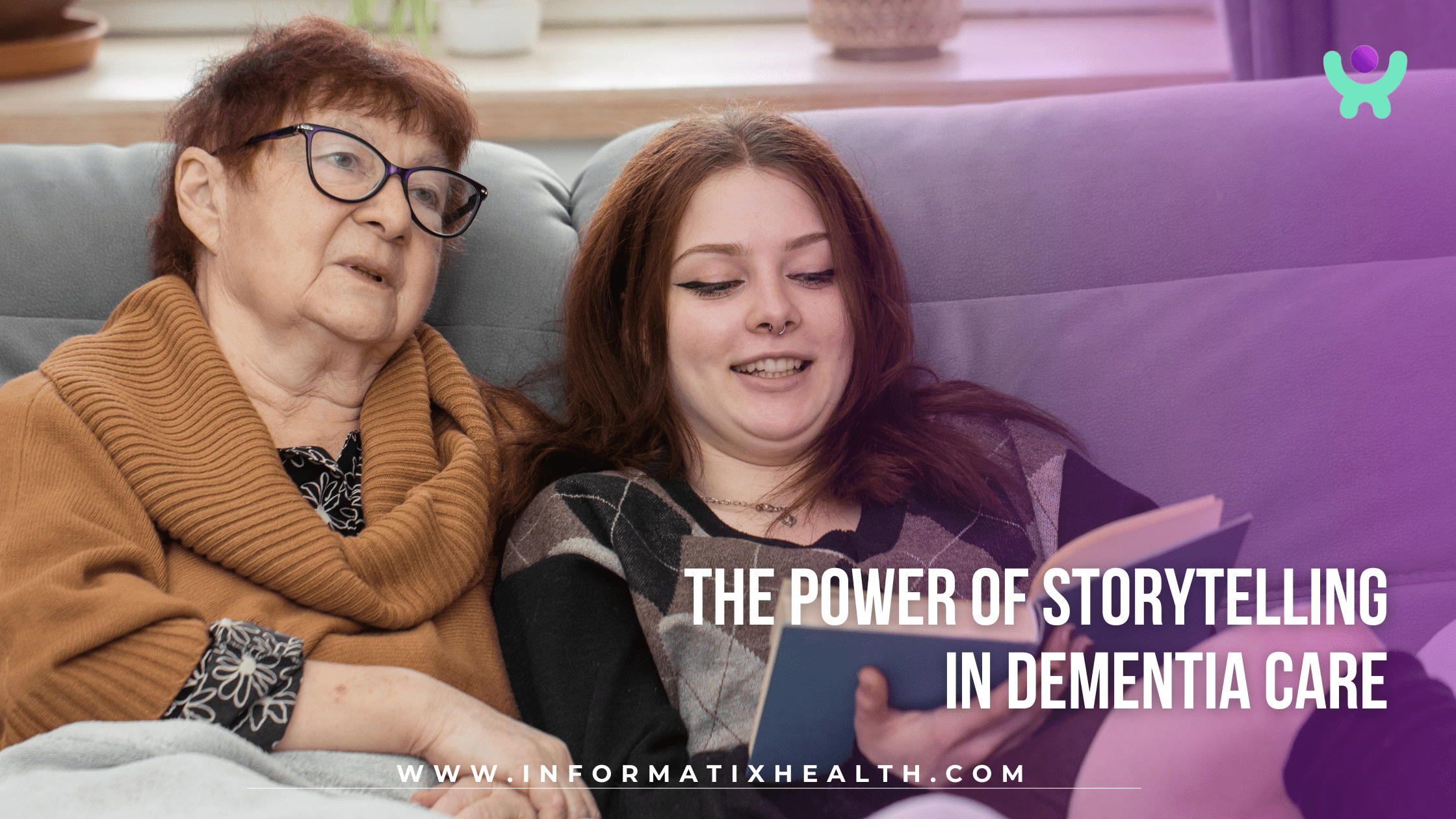Dementia affects millions of seniors and their families, often making communication and connection a daily challenge. While medical treatments are essential, emotional connection plays an equally powerful role in enhancing quality of life. One of the most effective ways to support seniors with dementia is through storytelling—a simple yet transformative approach in home health care.
Why Storytelling Matters in Dementia Care
Storytelling allows seniors to express themselves, recall meaningful memories, and feel understood. Even as memory and cognitive abilities change, the ability to connect through stories often remains strong.
Benefits of storytelling for seniors with dementia include:
- Stimulates memory: Sharing past experiences can trigger long-term memories and improve cognitive function.
- Reduces anxiety and agitation: Familiar stories create comfort and reassurance.
- Enhances communication: Encourages conversation, laughter, and emotional expression.
- Strengthens relationships: Family caregivers and home health aides can build deeper connections.
How Families and Caregivers Can Use Storytelling
Incorporating storytelling into daily care routines doesn’t require special training—it’s about creativity, patience, and connection.
1. Share Personal Memories
Encourage seniors to talk about their childhood, favorite hobbies, or important life events. Ask gentle questions like, “What was your favorite holiday as a child?”
2. Use Photos and Memorabilia
Photo albums, old letters, or keepsakes can spark stories and help seniors recall happy memories. Visual cues often make storytelling more engaging.
3. Incorporate Music and Songs
Music has a unique power to trigger memories. Singing favorite songs or listening to music from the past can naturally lead to meaningful conversations and storytelling.
4. Read Aloud and Tell Stories
Reading books, poetry, or even sharing family stories aloud encourages interaction. Seniors may relate the story to their own experiences, creating a shared narrative.
5. Record and Celebrate Stories
Recording stories or creating a memory book allows families to preserve precious moments. It also provides opportunities for reflection and celebration of a senior’s life journey.
How Home Health Care Professionals Can Help
Professional caregivers play a vital role in facilitating storytelling. Trained home health aides can:
- Encourage regular storytelling sessions
- Adapt communication techniques to each senior’s abilities
- Provide a calm, supportive environment for memory recall
- Collaborate with families to ensure stories reflect the senior’s life and preferences
Why Families Trust Informatix Health
At Informatix Health, we understand that dementia care is about more than just routines—it’s about connection, dignity, and quality of life. Our trained caregivers are skilled in using storytelling and other creative approaches to enhance cognitive and emotional well-being.
By partnering with us, families can ensure seniors receive personalized care that nurtures both mind and heart.
Unlock the power of storytelling in dementia care today. Contact Informatix Health to learn how our compassionate caregivers can support your loved one at home, making every day meaningful and filled with connection.


